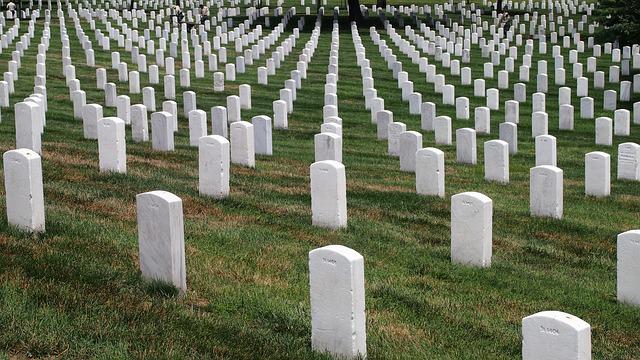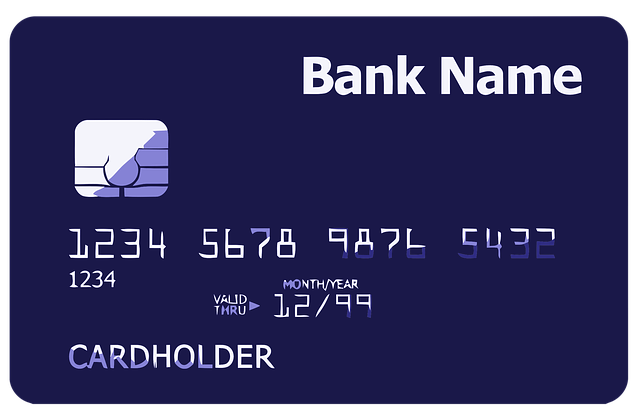VA Burial Benefits

Funeral planning is something we all try not to think about until there’s a reason to do so. Veterans and their families have VA burial benefit options they can use including a VA burial allowance that can offset the cost of paying for funeral services when the time comes. What do you need to know about these benefits and how to apply?
VA Burial Benefits at a Glance
Qualifying veterans and their families may be eligible for some or all of the following options offered by the Department of Veterans Affairs:
- Burial in a VA cemetery
- VA Burial Allowance
- Memorial Items
- Bereavement Counseling
These benefits are typically not automatic and must be applied for. There are rules of eligibility for each benefit.
Some are not eligible for certain burial benefits. For example, if you want to be considered for burial in a VA cemetery, you have to meet criteria applicable to your category.
As a veteran, you are ineligible for burial in a VA cemetery if you have a discharge characterized as dishonorable or you were discharged with a “character of service” that renders you ineligible. Some family members are not eligible. They include:
- Former spouses (divorce or annulment);
- Family members of a veteran “convicted of subversive activities’ according to the VA official site;
- Family members who don’t meet VA eligibility requirements.
It’s always best to discuss your needs with a VA rep prior to actually needing them; you’ll want to know that you or your family member qualifies for VA death or burial benefits ahead of time.
Burial In a VA Cemetery
Are you or your family members allowed to be buried in a VA cemetery? One of the following must be true to qualify to do so:
- You are a veteran without a dishonorable discharge, or;
- The person qualifying for burial benefits is a service member who died while on active duty, or;
- The benefit is for a spouse or minor child of a veteran, even if the Veteran died first, or;
- The benefit is for the unmarried adult dependent child of a Veteran
Some want to know about specific burial arrangements. For example, there are those who want to be laid to rest at Arlington National Cemetery. The VA does not administer this particular facility, it is run by the United States Army and you will need to coordinate burial there through a funeral home director.
The VA Burial Allowance
The VA Burial Allowance is provided to help survivors offset the expenses related to burial. This can include funds for transportation, the funeral itself, and burial costs. In the literature for these benefits, you will see references to “surviving spouses”.
The Department of Veterans Affairs recognizes all legally married couples regardless of orientation. Same-sex marriages are formally recognized by the VA and when it is time to claim benefits, these couples are not left out of the offer.
The VA official site says you may be eligible for a VA burial allowance in cases where you, the applicant, are paying for the burial and funeral costs, “…and you won’t be reimbursed by any other organization, like another government agency or the Veteran’s employer.”
One of the following must be true to qualify for this benefit:
- The applicant is the Veteran’s surviving spouse.
- The applicant is the surviving partner from a legal union (a relationship made formal in a document issued by the state recognizing the union).
- The applicant is a surviving child of the veteran.
- The applicant is a parent of the veteran.
- The applicant is the executor or administrator of the veteran’s estate in an official capacity.
The circumstances of the veteran’s death are also important. One of the following must apply to draw the burial benefit:
- The veteran died as a result of a service-connected disability.
- The veteran died while getting VA care.
- The veteran died while traveling (with VA authorization, and at VA’s expense) either to or from a facility for an examination, or to receive care.
- The veteran died with a claim for VA compensation or pension pending at the time of death if they would’ve been entitled to benefits before the time of death.
- The veteran died while receiving a VA pension.
- The veteran died while receiving VA compensation.
This is not an exhaustive list of qualifications; other rules may also apply. Some cannot qualify for this burial allowance. If the person died on active duty, or while serving as a member of Congress, or while serving a federal prison sentence they are not allowed this benefit.
Applying for the VA Burial Allowance
When you apply for the VA burial allowance you will need to gather some documentation. You’ll need the death certificate, the veteran’s military discharge paperwork such as DD Form 214 for active duty service members. You will need to provide copies of receipts and other documentation of the expenses charged for burial and related services such as transporting remains, etc.
The VA also requires a statement of account from the funeral director or cemetery owner that has specific details including:
- The veteran’s name
- The type of services provided
- Any credits
- Any unpaid balance
Most VA death benefits are not automatic but if you are the surviving spouse of the deceased veteran you do not have to file a claim. This is true “as long as you’re listed as the Veteran’s spouse on the Veteran’s profile” according to VA.gov.
VA.gov reminds applicants, “When we receive notice of the Veteran’s death, we automatically pay a set amount to those eligible surviving spouses to help pay for the plot, the cost of internment, or transportation of the remains to the cemetery.” For any other VA benefit in this area, it’s not safe to assume the benefit will automatically be awarded.
Other VA Death Benefits
You can apply for other VA benefits related to burial or interment. The VA has an application process for you to request memorial items such as a veteran headstone or grave marker, burial flags, and Presidential Memorial Certificates.
There may be varying requirements for some of these options. If you want a Presidential Memorial Certificate, for example, the veteran must be eligible for burial in a national cemetery, and the person requesting the certificate must be next of kin, a member of the extended family, or an authorized representative.
The requirement for a burial flag, on the other hand, includes the following:
- The veteran must have served in wartime, or;
- The veteran died while serving on active duty after May 27, 1941, or;
- The veteran’s military service was after January 31, 1955, or;
- The veteran served in peacetime and left military service before June 27, 1950, after serving at least one enlistment, or because of a service-connected disability.
As you can see, some benefits have more requirements than others. These are always subject to change due to legislation, alterations to VA programs, or other variables. It’s best to call ahead to learn what changes may have been implemented since the last time you researched your options.
Time Limits for Applying
The Department of Veterans Affairs requires you to file a claim for certain burial benefits within two years of the burial or cremation, but there is no time limit to apply for a service-connected burial plot or burial. Deadlines and other requirements are always subject to change. Be sure to ask if there are new rules or procedures that may apply. Program changes can come via federal legislation, changes in the industry, modifications to VA programs, or other variables.
About the author
Editor-in-Chief Joe Wallace is a 13-year veteran of the United States Air Force and a former reporter/editor for Air Force Television News and the Pentagon Channel. His freelance work includes contract work for Motorola, VALoans.com, and Credit Karma. He is co-founder of Dim Art House in Springfield, Illinois, and spends his non-writing time as an abstract painter, independent publisher, and occasional filmmaker.


